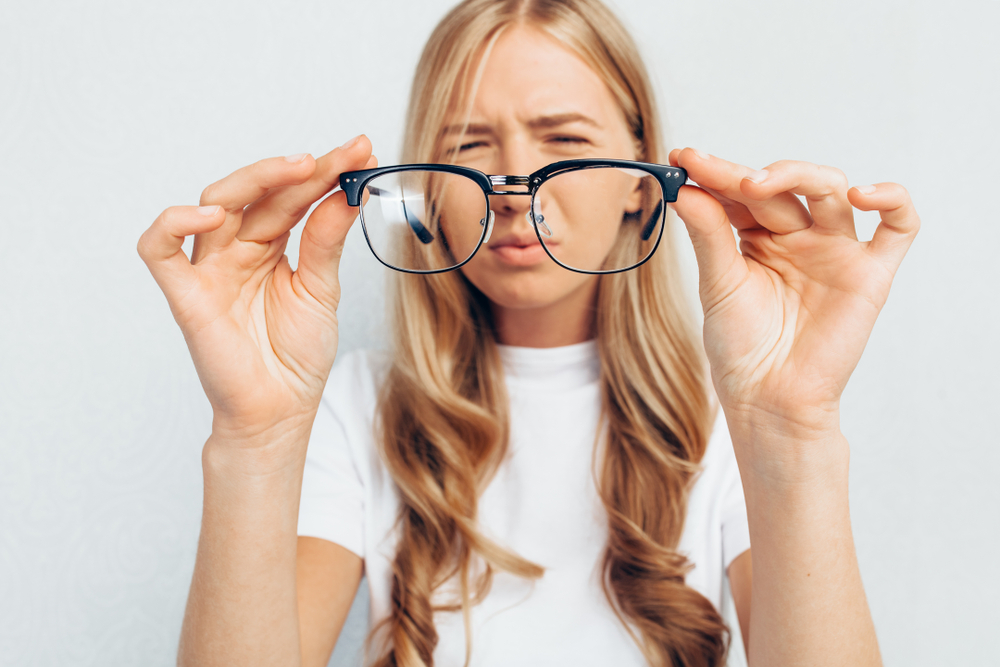
Low vision refers to a significant visual impairment that cannot be corrected completely with glasses, contact lenses, medication, or surgery. It's not total blindness. Individuals with low vision typically have some useful sight. However, low vision usually interferes with the performance of daily activities, such as reading or driving.
What is Low Vision?
Low vision is a term that is often used interchangeably with "visual impairment" and "vision loss." However, these terms are not the same. Visual impairment refers to a broad category that includes all levels of vision loss, from mild to severe, while vision loss is a general term that describes a decreased ability to see to a degree that causes problems not fixable by usual means, such as glasses or medication.
In contrast, low vision is a specific term that indicates a level of vision loss that is 20/70 or worse and can't be fully corrected. It's a less severe condition than blindness but can significantly impact a person's life.
Common Symptoms of Low Vision
Low vision symptoms can vary widely among individuals, which makes it somewhat challenging to define. However, some common signs typically point to low vision. If you're experiencing any of these symptoms, it's essential to seek an optometrist's expertise.
One of the most common symptoms of low vision is difficulty reading, recognizing faces, or performing tasks that require you to see detail. You may also have issues with glare, light sensitivity, or seeing in low-light conditions. Additionally, individuals with low vision often experience a loss in peripheral vision or contrast sensitivity, resulting in an inability to distinguish subtle differences in shades of colors or see clearly against a background.
Another common symptom is experiencing blind spots in your field of vision. These are areas where you can't see anything, like a void in your vision. This can be particularly dangerous when navigating unfamiliar places or driving.
Potential Causes of Low Vision
There are many potential causes of low vision, and identifying the specific cause can be a crucial step in managing the condition. Among the most common causes are age-related macular degeneration (AMD), glaucoma, and diabetic retinopathy.
AMD is the leading cause of low vision in people over 50. This condition damages the macula, the part of the retina responsible for sharp, central vision. Glaucoma, on the other hand, damages the eye's optic nerve causing vision loss and blindness. Diabetic retinopathy, another leading cause of low vision, affects people with diabetes. It occurs when high blood sugar levels cause damage to blood vessels in the retina.
In some cases, low vision can also be a result of congenital or hereditary conditions, like albinism or retinitis pigmentosa. In other instances, it may be a result of an eye or brain injury.
Treatment Options for Low Vision
Low vision can't be fully restored, but there are treatment options that can help individuals make the most of their remaining vision. These treatments mainly focus on specific strategies and aids to help the individual adapt to their vision loss.
Treatments may include prescription glasses or contact lenses, magnifying devices, or other visual aids. In some cases, optometrists may recommend vision rehabilitation, which includes training in using visual aids, techniques for organizing the visual environment, and strategies for completing daily activities.
In other instances, treatments may focus on addressing the underlying cause of low vision. For example, if low vision is due to uncontrolled diabetes, managing blood sugar levels may slow or stop further vision loss.
Seeking Help for Low Vision
Low vision can significantly impact an individual's quality of life. But with early diagnosis and treatment, it's possible to slow its progression and improve day-to-day life. Remember that timely help can make a difference. Don't let low vision stop you from enjoying life. Seek the advice of an optometrist and explore the treatment options available.
If you or a loved one are experiencing symptoms of low vision, consult with our optometrist for proper diagnosis and treatment. Visit Marshall EyeCare at our office in Aberdeen, New Jersey, or call (732) 837-0988 to schedule an appointment today.








